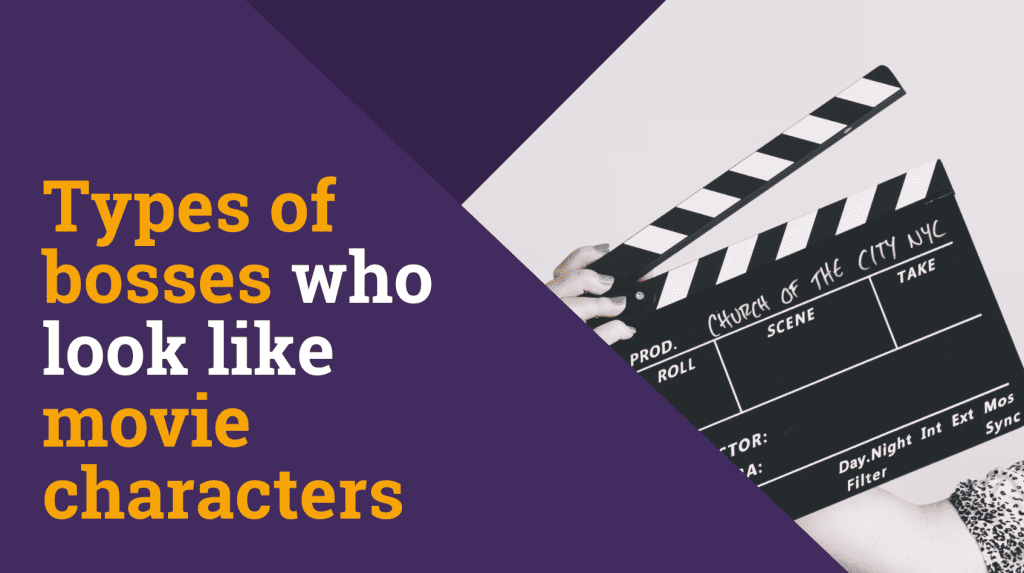Recruiters are instrumental in selecting better candidates. Whether they’re part of your company or external recruiters, they all have a big influence on the kind of candidates we attract.
Honestly, like all professions, there are better and worse recruiters. That is why it is so important that we know how to identify which characteristics distinguish them. It will be very useful, especially if we want to choose a selection consultant to conduct our search for candidates.
In this article we help you and warn you about practices that differentiate a good recruiter from one who does not do his job well.
1) Communication with the customer
Wrong: A bad recruiter is a good conversationalist, but a bad listener. He seems to be fully in love with his tone of voice, and wants to have all your time and interest. However, if he doesn’t listen to your needs with total attention, then how will you manage to find what you are looking for?
Right: A good recruiter will talk to you in plain and precise language, and will do so in order to extract the information he needs to do his job. You will try to understand perfectly the market in which you are working and the needs of your customers.
Right: A good recruiter will talk to you in plain and precise language, and will do so in order to extract the information he needs to do his job. You will try to understand perfectly the market in which you are working and the needs of your customers.

2) Understand the customer’s needs
Wrong: A poor selection consultant doesn’t spend time learning about the company he’s working with, but focuses only on candidates he can quickly place. If you see your recruiter immediately start selling the job offer, without making a selection or finding out if the candidates fit or not; you have selected the wrong recruiter.
Right: A good recruiter takes time to understand the key aspects of the position before getting to work hard to find what you’re looking for. Try to delve as much as possible to understand why the position is open, how many people are on the team, how many years the customer has been in the market, what personality traits the HR manager values, etc.
Right: A good recruiter takes time to understand the key aspects of the position before getting to work hard to find what you’re looking for. Try to delve as much as possible to understand why the position is open, how many people are on the team, how many years the customer has been in the market, what personality traits the HR manager values, etc.

3) Short-term vision vs Long-term vision
Wrong: A seeker of unprofessional talent works only in the short term; that is, he gets a client, covers the position as quickly as possible, and goes looking for another client.
Right: A good professional will always work from a long-term perspective. He will spend time building a trusting and transparent relationship with you, focused on finding suitable candidates for the future of your business.
Right: A good professional will always work from a long-term perspective. He will spend time building a trusting and transparent relationship with you, focused on finding suitable candidates for the future of your business.

4) Monitoring the process
Wrong: If you go many days without hearing anything about your recruiter, and he’s not answering your calls; better look for other options. It is very likely that you have customers who, for one reason or another, are giving higher priority.
Right: If the talent seeker keeps you up-to-date on how the search is going and informs you of the obstacles he encounters, you’ve probably chosen the right person.
Right: If the talent seeker keeps you up-to-date on how the search is going and informs you of the obstacles he encounters, you’ve probably chosen the right person.

5) Sending of Resumes
Wrong: If all the recruiter does is send you résumés, you might not be in front of the best selection consultant you could collaborate with.
Right: Top recruiters, in addition to submitting candidate resumes, also add their personal views and notes based on interviews to applicants. They thus complement the available information and facilitate the final screening.
Right: Top recruiters, in addition to submitting candidate resumes, also add their personal views and notes based on interviews to applicants. They thus complement the available information and facilitate the final screening.
6) Informed candidates
Wrong: If when interviewing the candidates you have presented the recuiter you see that they do not have clear tasks, salary, … It is very possible that the recruiter has not correctly transmitted the information of your job offer to the candidates.
Right: A good recruiter will be behind every candidate you propose. You will ensure that you understand all the requirements of the job and are fully prepared. So if your candidates understand what you’re looking for and have knowledge about the company’s culture and expectations, you can be pretty sure the recruiter has done a formidable job.
Right: A good recruiter will be behind every candidate you propose. You will ensure that you understand all the requirements of the job and are fully prepared. So if your candidates understand what you’re looking for and have knowledge about the company’s culture and expectations, you can be pretty sure the recruiter has done a formidable job.

How do you tell a good recruiter from a bad recruiter? Have you ever worked with a recruiter who didn’t do his job well? How did you overcome this situation?
Try TalentFY in a Live Demo
Try our recruiting platform without compromise.
And if it doesn’t work for you, YOU DON’T PAY No small print.
Join our News
Subscribe and receive our most exclusive content and news every month
directly in your inbox.





